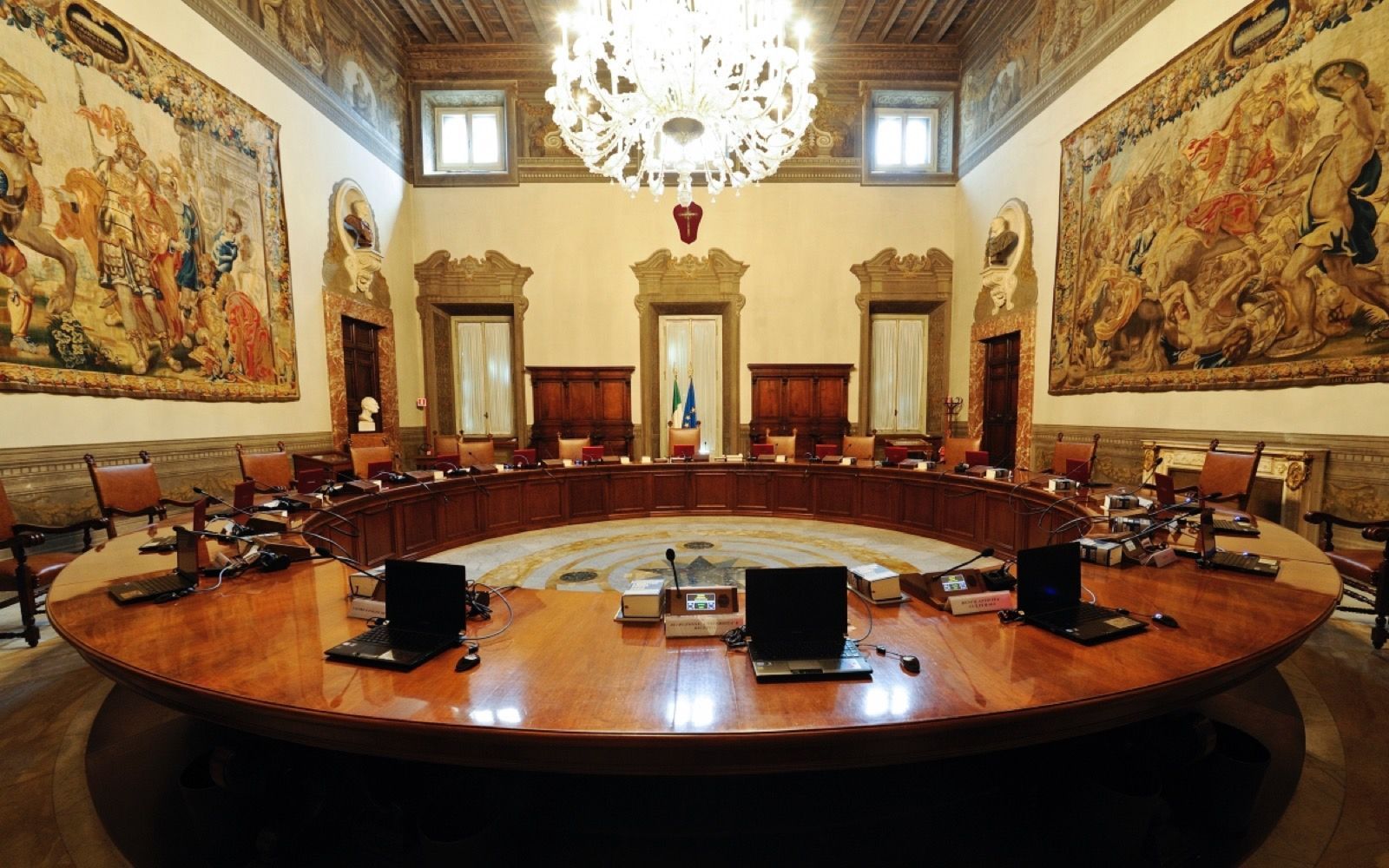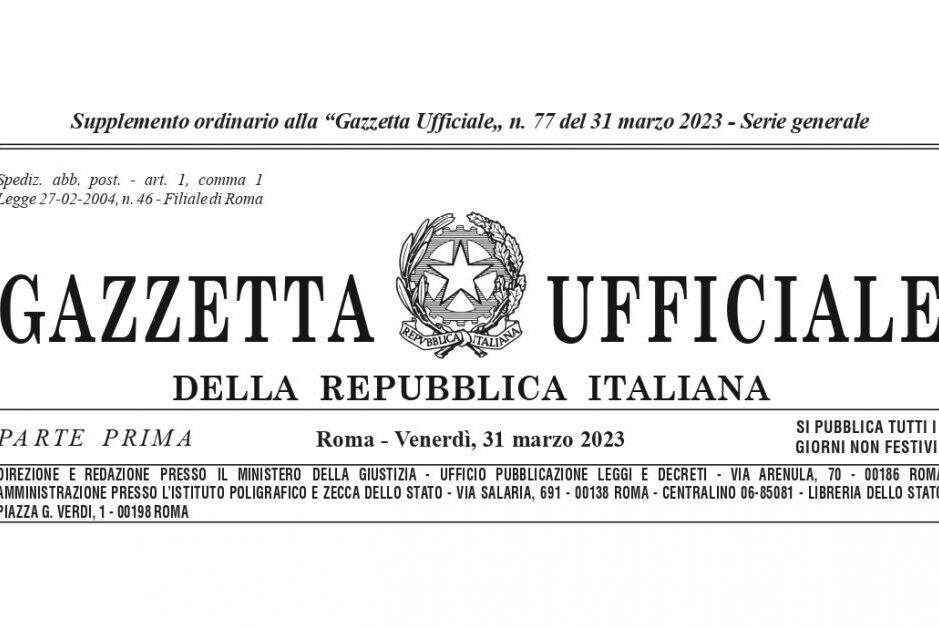TAX REFORM: BEHIND THE FRONT “SILENT” ON THE INTERACTION BETWEEN CRIMINAL AND TAX PROCESSES
Parliament, through Law 9 August 2023, n. 111 delegated the Government to adopt, within 24 months, one or more legislative decrees aimed at reviewing the tax system in accordance with the objectives set by the PNRR. Precisely, the Third Title of the enabling law intervenes on the regulation of the procedures for defining the taxable amount, assessment, membership, spontaneous compliance and on the related sanctioning system. In particular, art. 19 new parameters for tax administration are outlined, aiming at a review of the regulation of the tax process. Precisely, we pursue the strengthening of deflationary institutions of litigation, also intervening on the delicate relationship between tax proceedings and criminal proceedings. Likewise, within the art. 20, innovative principles are envisaged for the tax penalty system, proposing a harmonization between administrative and criminal sanctions, introducing a more balanced management of sanctions for non-payment of taxes. Particularly significant, from a criminal law perspective, is the consideration of greater integration between the different types of sanctions for the purposes of complete compliance with the principle of ne bis in idem. Well, recently, following the proposal for a delegated decree formulated by the commission of experts appointed by the MEF, the Government, upon approval, effectively abandoned these principles set out in the enabling law. The genesis of the tax reform was clearly oriented towards an innovative procedural deflation, being aimed at establishing effective coordination between the tax and criminal processes. This approach aimed to filter criminal proceedings through the administrative resolution of tax disputes, thus offering a quicker and less burdensome solution for the parties involved. However, government intervention seems to contradict these initial intentions. With this decision, we thus witness an unexpected about-face on these principles, moving away from the original objective of simplification and synergy between the two procedural areas. Therefore, the issue of harmonization between administrative assessment and criminal proceedings still needs to be addressed, a key issue to guarantee fairness and transparency in the tax system.









